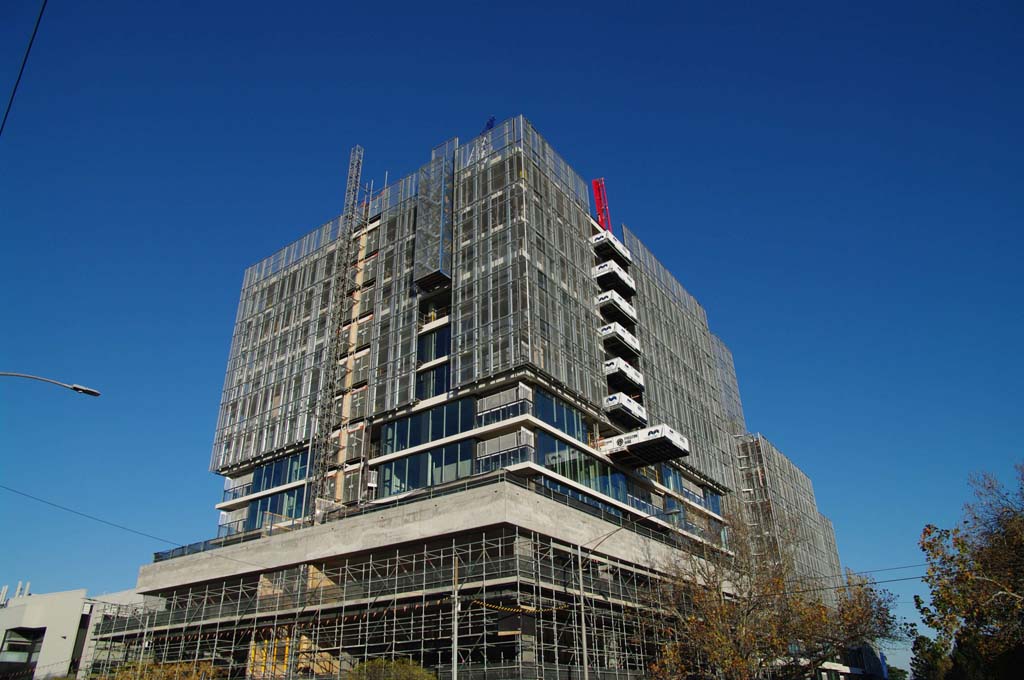Temporary Works Engineering by Omniform: The Intricacies in Formwork Design
19 December 2023
Discover the intricacies of formwork design through temporary works engineering by Omniform. Know their role in construction projects. Call (03) 9466 2226.
The construction industry implements tons of processes and concepts to ensure key construction and building projects can be done successfully. One of them is temporary works engineering. It encompasses the design, planning, and implementation of temporary structures, supports, and systems that are not intended to remain as part of the completed structure. They can, however, help ensure the stability, safety, and feasibility of construction projects.
The Significance of Formwork
Now, many aspects of temporary works engineering can be carried out to make construction buildings safe, efficient, and stable. Among these aspects is formwork.
Formwork is a temporary mould or structure into which concrete is poured and shaped during the construction of a building or structure. It defines the dimensions and shape of the concrete element being formed and supports the weight of the concrete until it cures and gains enough strength.
For the formwork to become effective, it requires meticulous planning, precision, and expertise. Its design, after all, directly influences the aesthetics and quality of the final concrete structure, making it a critical component in the construction process.
Formwork Design: Intricacies
Our team at Omniform know how complicated formwork design can be. Hence, when designing formwork, we consider numerous elements first. Some of them are as follows.
• Structural Analysis: Before designing the formwork, we conduct a structural analysis to understand the loads the formwork will bear. We assess the weight of fresh concrete, the weight of the formwork itself, and any additional loads such as construction equipment. We use this analysis to distribute loads effectively and ensure the stability of the formwork.
• Material Selection: Formwork materials must withstand the pressures exerted during concrete pouring and curing. The selection of materials depends on factors such as the type of structure, the required finish, and the number of times the formwork will be reused. Some of the most common materials include wood, steel, aluminium, and fibreglass.
• Complex Shapes: Many construction projects involve structures with intricate and complex shapes. Our formwork design accounts for these complexities, ensuring that the mould accurately reflects the intended design of the concrete element. Precision in formwork design contributes to the visual appeal and functionality of the final structure.
• Overall Safety: Safety is a top priority in construction, and formwork design includes considerations for the safety of workers and the stability of the structure. We may incorporate features such as handrails, access platforms, and safety barriers to prevent accidents during the formwork erection and concrete pouring phases.
Collaborating with Omniform
Formwork design truly requires collaboration among professionals like structural engineers, architects, and formwork specialists. We, at Omniform, value this collaboration through establishing effective communication so that the formwork will be aligned with the overall design and structural requirements of the project. Our team’s deep understanding of construction processes, structural engineering principles, and the intricacies of formwork design likewise enables us to secure the project’s success.
Temporary works engineering, with formwork design at its core, is a foundational element in construction projects. The intricacies involved in designing formwork demand precision, expertise, and a deep understanding of structural engineering principles. Through collaboration, innovation, and a commitment to excellence, Omniform contributes to the success of construction projects.

